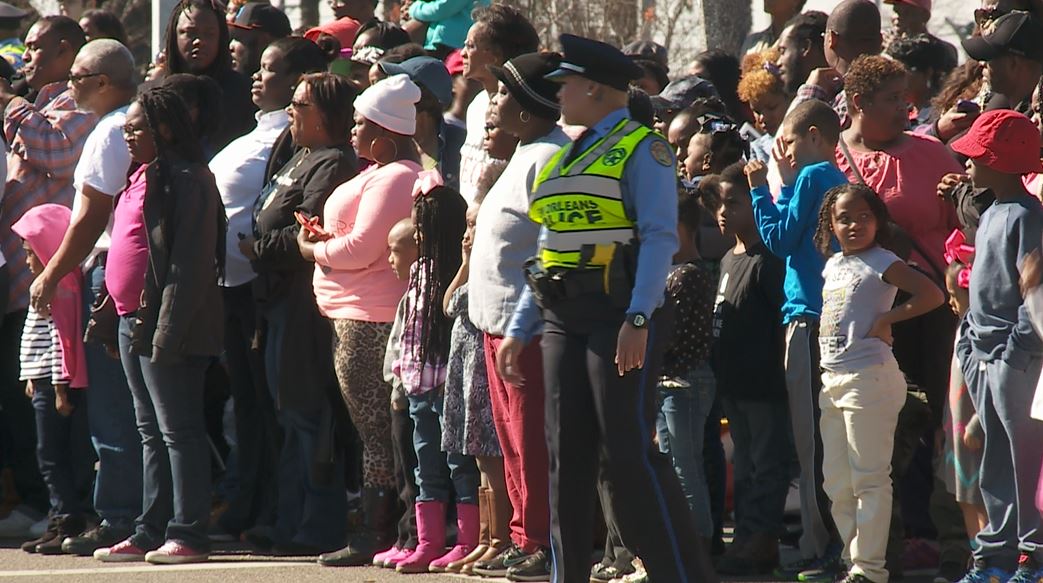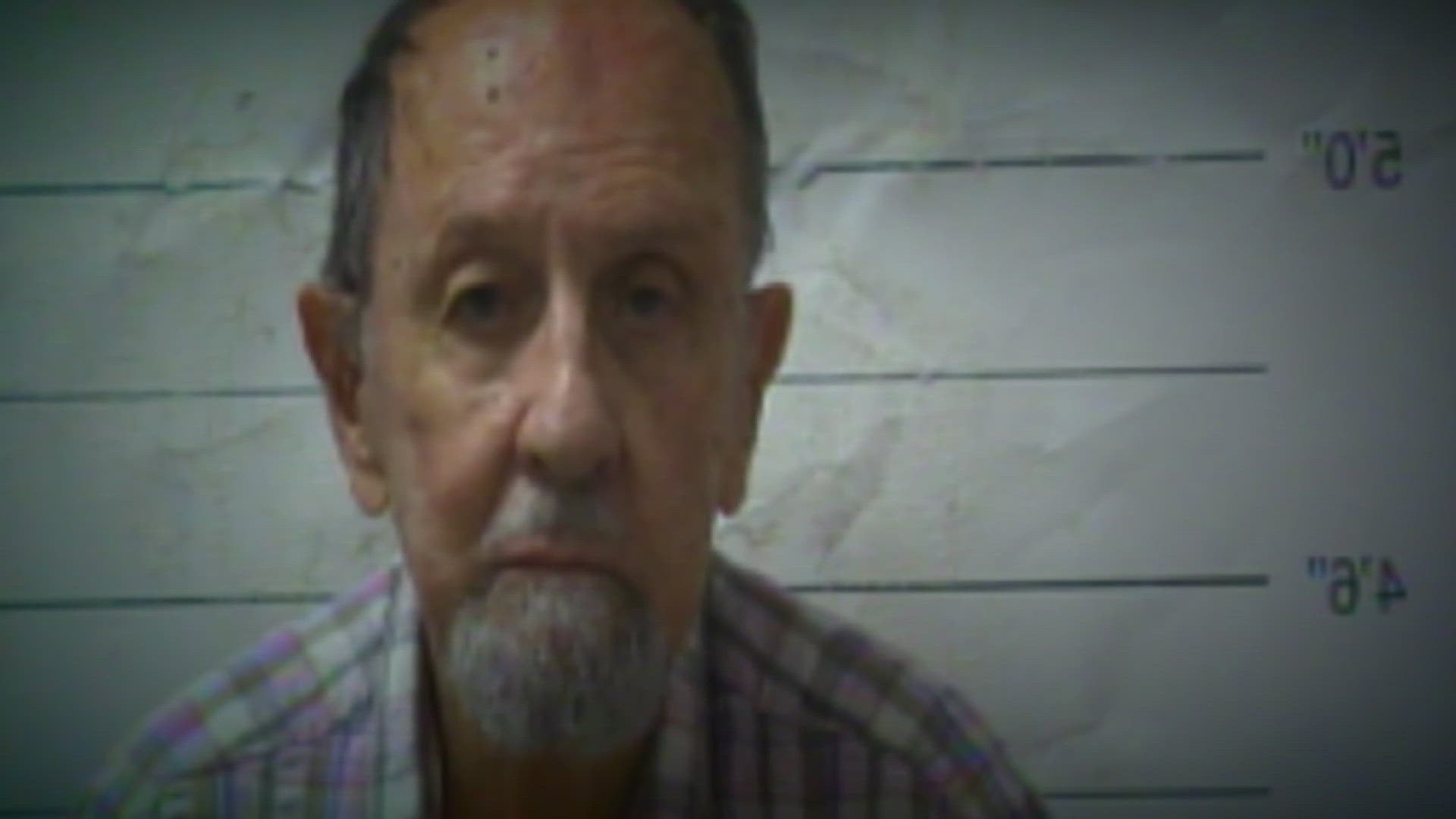NEW ORLEANS -- The three New Orleans Police Department officers who coordinate off-duty security jobs through the NOPD's Special Events Unit have been barred from doling out any of the work to themselves, following an investigation by WWL-TV and The New Orleans Advocate.
An NOPD spokesman said Superintendent Michael Harrison ordered the move on Tuesday, when the investigation revealed that Sgt. Walter Powers, Sgt. Sabrina Richardson and Officer Christopher Avist assigned themselves to more than half of the nearly 600 events the unit organized over the six-month period ending in October 2014.![Despite reforms, NOPD officers still keep details for themselves [ID=23337717]](/Portals/_default/Skins/PrestoLegacy/CommonCss/images/smartembed.png)
Powers led the list, handing himself more than $20,000 in detail work over that time, as he coordinated events large and small through an office that remains, for the time being, free from the oversight of a City Hall office created to manage NOPD officers' off-duty details. U.S. Department of Justice officials once dubbed those details, long a self-regulated industry, the department's "aorta of corruption."
The new office, mandated by a federal consent decree that Mayor Mitch Landrieu signed in July 2012, now oversees the bulk of police detail work in the city.
But about 10 percent of the work remains within the NOPD under a little-seen office that organizes police security for events that require permits and special demands such as traffic management or motorcycle escorts.
That's where Powers, Richardson and Avist come in, and where the investigation found that a mere dozen cops — including those three — took in nearly a third of the $306,000 earned for those jobs over the six-month period.
That revelation was enough for Harrison to decide to bar the three from handing themselves the off-duty work.
He said he also has directed the NOPD's Compliance Bureau to set up checks and balances until the work is folded into the new City Hall office, a move that is perhaps several months off.
Harrison said Thursday that the data highlighted a need for more accountability and a fairer system.
"The fact these particular officers were scheduling themselves more than they should is something we didn't know," he said.
Police officer organizations in the city have been critical of the move to city management of the police moonlighting industry, in which historically cops set up their own deals with customers and were paid directly for their hours, under general NOPD policies. The organizations even sued over it, in a case that is now on appeal in federal courts.
Some defended the assignment of the three Special Events Unit officers to the events they organized while on duty.
The city has depended on the trio to ensure important events came off right, said Donovan Livaccari, spokesman for the local Fraternal Order of Police lodge, of which Powers is the president.
"I think it's unfortunate the Special Events staff will be precluded from working those details, which provided them an easy opportunity to manage those events up close while they were not on the city's clock," Livaccari said.
"I don't think there was any secret. These events are difficult to manage, and they're important to the tourism industry in this city. I'm not aware of any complaints about these details," he said.
U.S. District Judge Susie Morgan, the federal judge overseeing a broad array of court-mandated NOPD reforms, and the monitoring team that reports to her have been patient during the transition of special events details to the city-run system.
Such details "raise unique pricing and management issues," the most recent report by the monitors said.
Yet Harrison downplayed the expertise required of the three coordinators while serving off-duty in uniform — jobs that often involved driving "tail cars" at the end of motorcades.
"There are many officers who possess the skills they have," Harrison said.
The three officers still will be able to apply for detail work through the city-run office, NOPD spokesman Tyler Gamble said.


